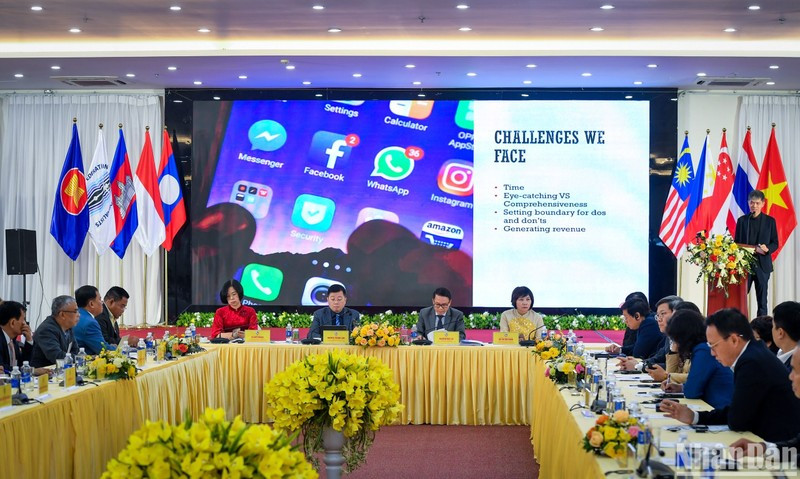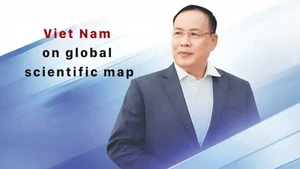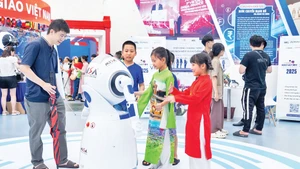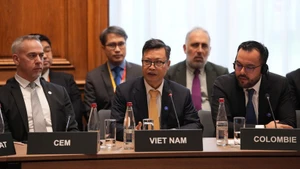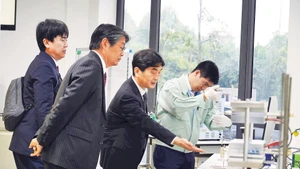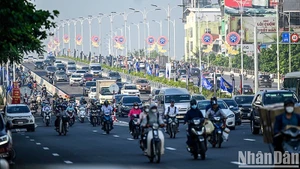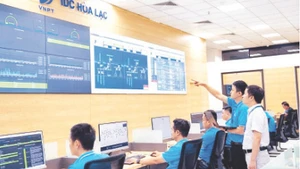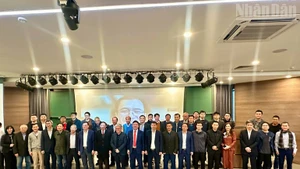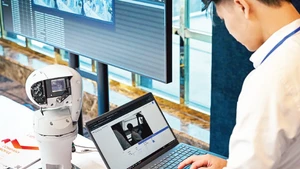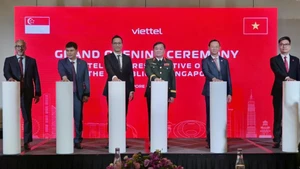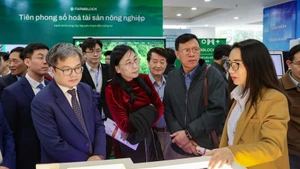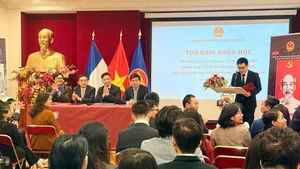The opening ceremony was attended by Nguyen Thanh Lam, Vietnamese Deputy Minister of Information and Communications; Nguyen Duc Loi, Permanent Vice Chairman of the Vietnam Journalists Association; Savankhone Razmountry, President of Lao Journalists Association; Low Boon Tat, Vice Chairman of the Malaysian National Union of Journalists; and Chavarong Limpattamapanee, Chairman of the National Press Council of Thailand and Senior Advisor to the Federation of Thai Journalists.
It also attracted the participation of press managers, representatives of media agencies, experts, scientists, and journalists from the eight member countries of the Confederation of ASEAN Journalists (CAJ): Cambodia, Indonesia, Laos, Malaysia, Philippines, Singapore, Thailand, and Vietnam.
Addressing the opening ceremony, Vietnamese Deputy Minister of Information and Communications Nguyen Thanh Lam emphasised that the media and press agencies of ASEAN member countries are facing both opportunities and challenges in continuing to affirm the mission of popularising official information to the public and giving power to the people.
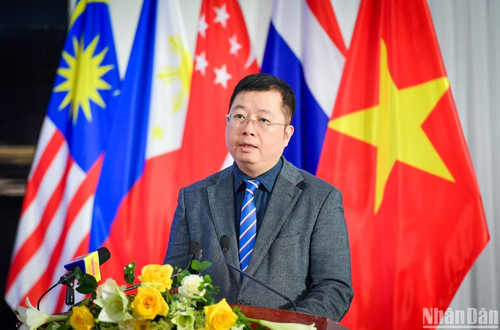 |
| Deputy Minister of Information and Communications Nguyen Thanh Lam addressing the opening ceremony. |
Press agencies will not be able to fulfil that noble mission unless they work together and foster digital transformation, he stressed.
While briefing the participants on the current digital transformation among newspapers in Vietnam, Lam noted with pleasure that many Vietnamese press agencies have worked out measures to introduce their products on digital platforms and cross-border social networks.
This conference provides a valuable opportunity for participating press agencies to exchange experience and learn from each other in applying technologies in newsroom management in their countries.
During his speech, Nguyen Duc Loi, Permanent Vice Chairman of the Vietnam Journalists Association, stated that with regard to journalism, digital transformation is the process of applying modern technology to news production and distribution activities, enriching the digital media ecosystem with new and superior features while improving the quality and effectiveness of communication to the public.
In addition, digital journalism strongly promotes social super-interaction: interaction between newspapers, between newspapers and the public, between newspapers and social networks, between the public itself, between the public and authorities, and between press agencies and policy planning and administration agencies.
He added that digital journalism creates metadata in cyberspace and connects and mobilises the public to solve problems at the community, national, and international scale.
 |
| Permanent Vice Chairman of the Vietnam Journalists Association Nguyen Duc Loi speaking at the opening ceremony |
However, he pointed out that in addition to these opportunities, digital transformation also brings significant challenges, especially the fierce competition with social networks, which are easy to access, easy to share, and have quick and divergent information.
Given the situation, he stressed that these opportunities and challenges force all press agencies in the world including those in ASEAN countries to quickly adapt, promote, and accelerate the digital transformation.
He reported that the digital transformation of press agencies in Vietnam aims to create an overall and comprehensive change in working methods, organisational models, and press creativity, create an important change in the mind-set and attitude of leaders, reporters, and editors of press agencies, promote journalism development based on a converged, multi-platform, multi-service, multi-media model to effectively perform the function of providing updated, objective, multi-dimensional information to the public domestically and around the world.
He called on delegates at the conference to clarify general theoretical issues about digital journalism and digital newsrooms, including digital platforms and digital tools in newsroom management.
At the same time, they should identify and discuss new issues that need further research in building digital newsrooms, he stated.
Participants should also pay attention on discussing the development trends of digital journalism in the world and in ASEAN countries, and exchanging practical experiences from other countries, propose practical and feasible solutions to transform the operations of newsrooms towards building a digital newsroom model, he added.
The “Digital Newsroom Management: Theory, Practice, and Experience in the ASEAN Region” conference includes two sessions:
Session 1 will focus on general theoretical issues about governance of digital newsrooms.
Session 2 will discuss practices, experiences and solutions concerning governance of digital newsrooms.
